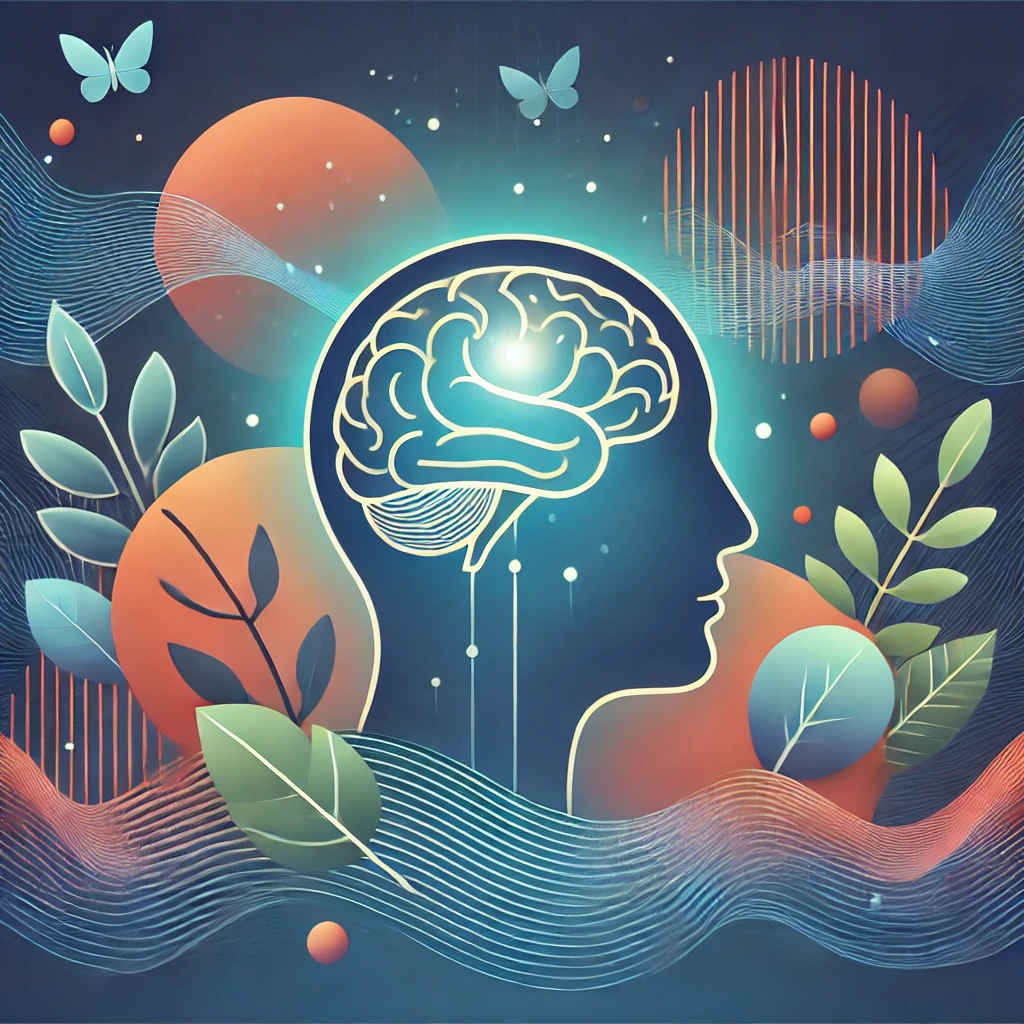
What is Mental Health?
Mental health refers to a person's emotional, psychological, and social well-being. It influences how individuals think, feel, and behave in daily life. Good mental health helps people cope with stress, build relationships, and make decisions. On the other hand, poor mental health can lead to struggles in personal and professional life.
Why Mental Health Matters
Mental health is just as important as physical health. A stable mental state allows individuals to handle life's challenges effectively and maintain a balanced lifestyle. Poor mental health can lead to issues such as:
- Increased stress and anxiety
- Reduced productivity at work
- Weakened immune system
- Relationship difficulties
By prioritizing mental well-being, individuals can improve their overall quality of life and maintain better physical health.
Common Mental Health Disorders
There are several mental health disorders that affect millions of people worldwide. Understanding these conditions can help in early detection and proper treatment.
1. Depression (Major Depressive Disorder)
Depression is a mood disorder that causes persistent feelings of sadness, hopelessness, and a lack of interest in daily activities. Symptoms include:
- Fatigue and low energy
- Sleep disturbances
- Changes in appetite
- Difficulty concentrating
- Suicidal thoughts
Treatment options include therapy, medication, and lifestyle changes.
2. Anxiety Disorders
Anxiety disorders involve excessive fear, worry, or nervousness. Common types include Generalized Anxiety Disorder (GAD), Panic Disorder, and Social Anxiety Disorder. Symptoms may include:
- Restlessness
- Rapid heartbeat
- Difficulty sleeping
- Muscle tension
Cognitive Behavioral Therapy (CBT) and relaxation techniques can help manage anxiety disorders.
3. Schizophrenia
Schizophrenia is a severe mental disorder that affects a person’s ability to think, feel, and behave clearly. Symptoms include:
- Hallucinations
- Delusions
- Disorganized speech
- Difficulty functioning in daily life
Treatment includes antipsychotic medications and therapy.
4. Bipolar Disorder
Bipolar disorder involves extreme mood swings, ranging from manic episodes (high energy, impulsiveness) to depressive episodes (low energy, sadness). Symptoms include:
- Drastic mood shifts
- Difficulty sleeping
- Risky behavior during manic episodes
- Fatigue and sadness during depressive episodes
한ㄱ
Mental health and physical health are closely interconnected. When mental health suffers, it can lead to physical issues such as:
- Chronic stress, which weakens the immune system
- Increased risk of heart disease and high blood pressure
- Sleep disturbances, leading to fatigue and weakened cognitive function
- Unhealthy coping mechanisms like substance abuse
Maintaining mental well-being through self-care, therapy, and support systems can significantly improve physical health and longevity.
Conclusion
Understanding mental health is crucial for leading a fulfilling life. Recognizing common mental health disorders, their symptoms, and treatment options allows individuals to seek help when needed. Prioritizing mental well-being not only improves emotional stability but also enhances overall health and relationships.
By raising awareness and reducing stigma, we can encourage more people to take proactive steps in maintaining their mental health. If you or someone you know is struggling, seek professional help and support.

'건강 > Mental health awareness' 카테고리의 다른 글
| 정신 건강을 위한 사회적 지원 (0) | 2025.02.05 |
|---|---|
| 정신 건강 문제의 징후와 대처법 (8) | 2025.02.05 |
| Recognizing and Coping with Mental Health Issues (0) | 2025.02.05 |
| Mental Health & Technology (2) | 2025.02.04 |
| Ways to Improve Mental Health (0) | 2025.02.04 |



